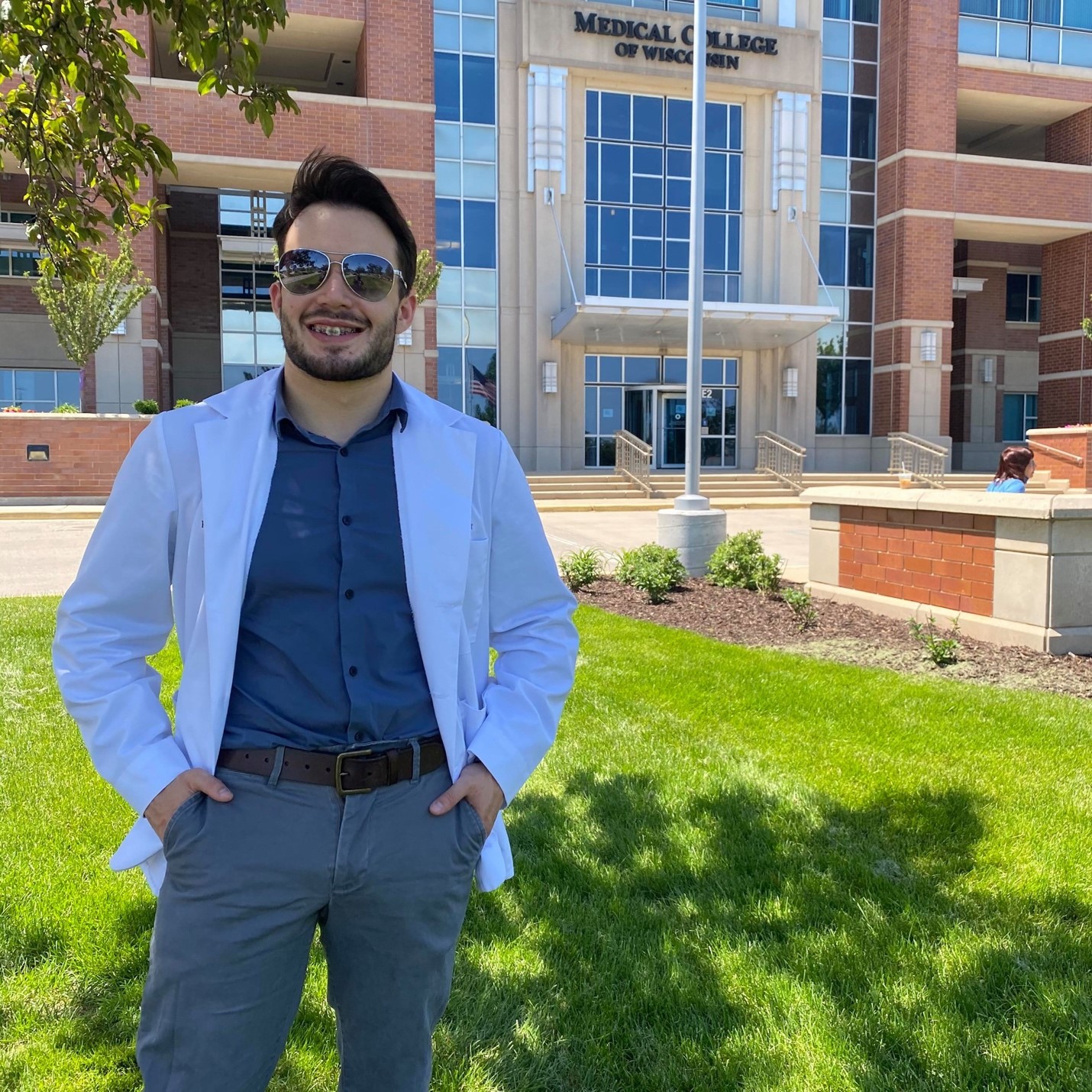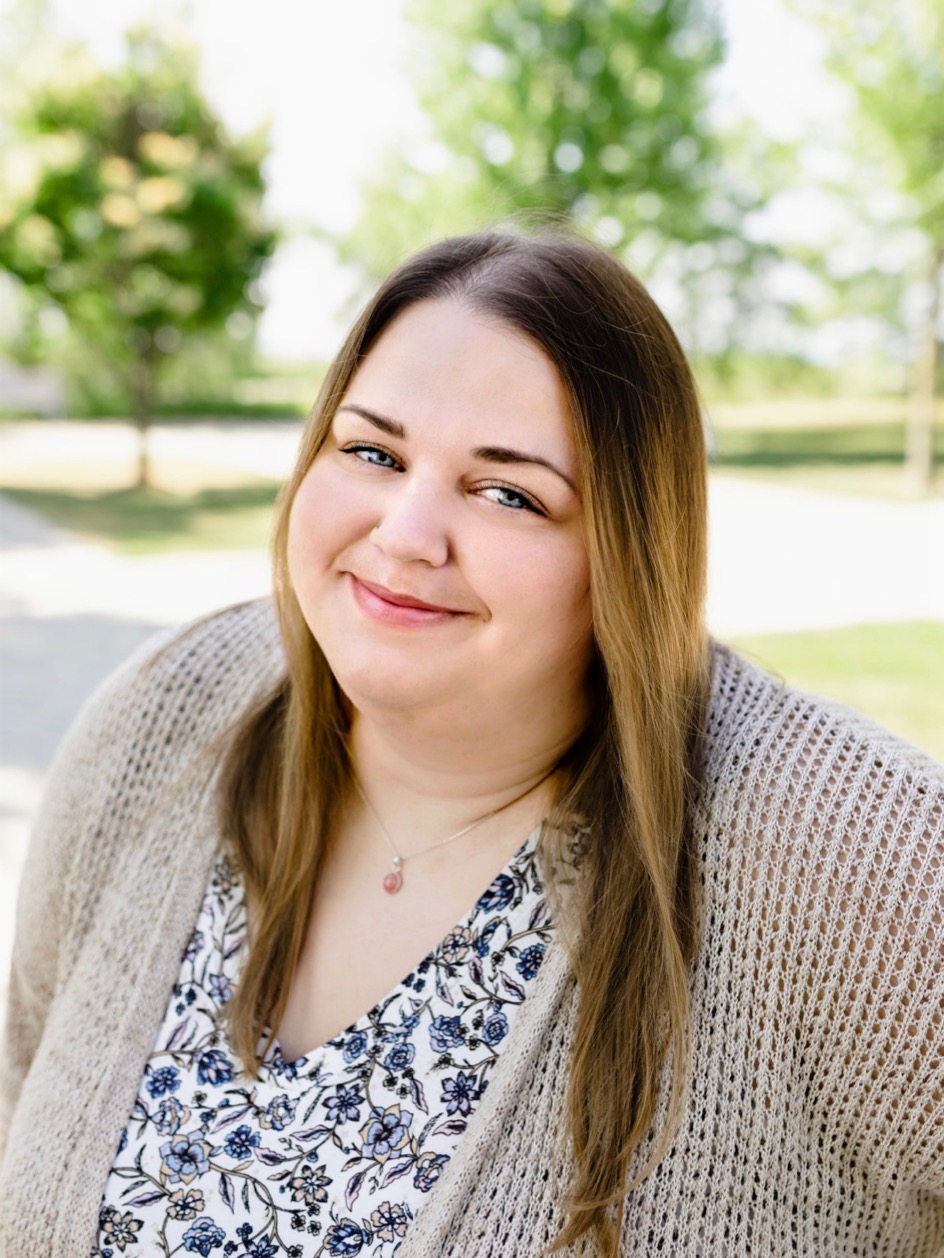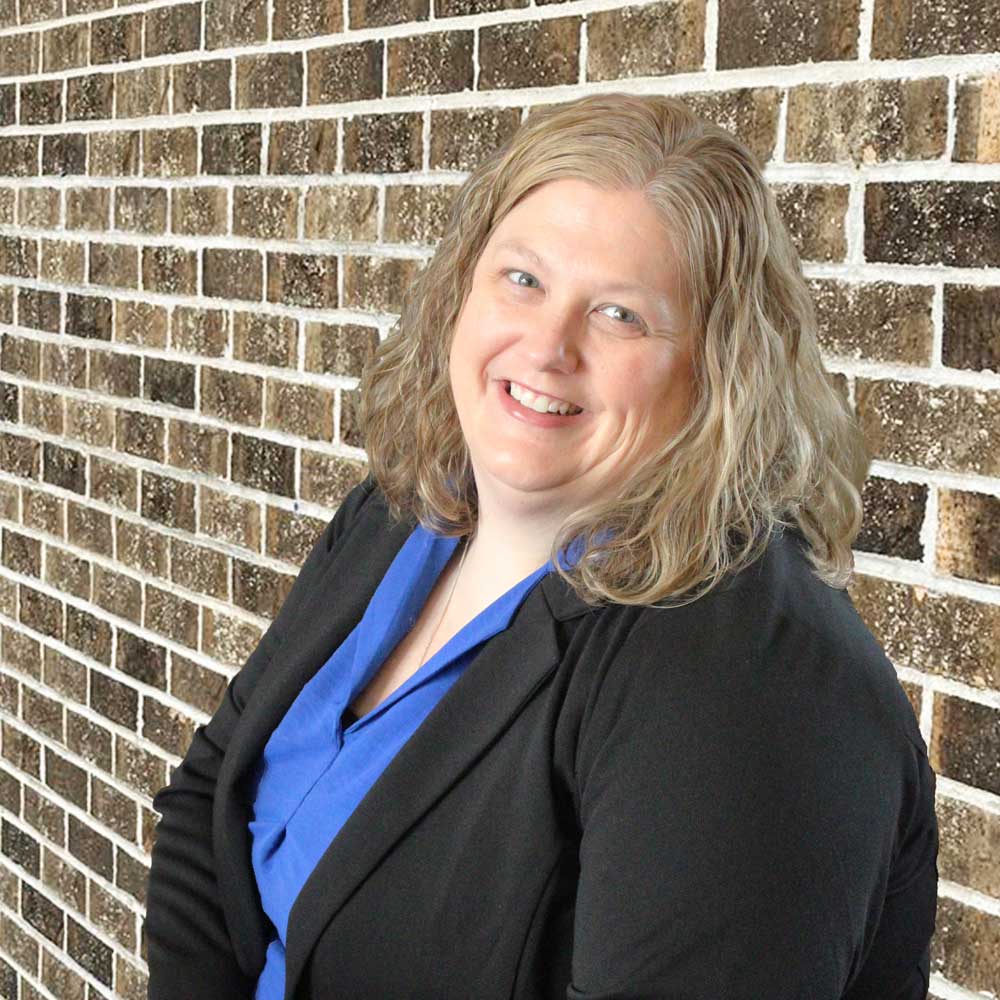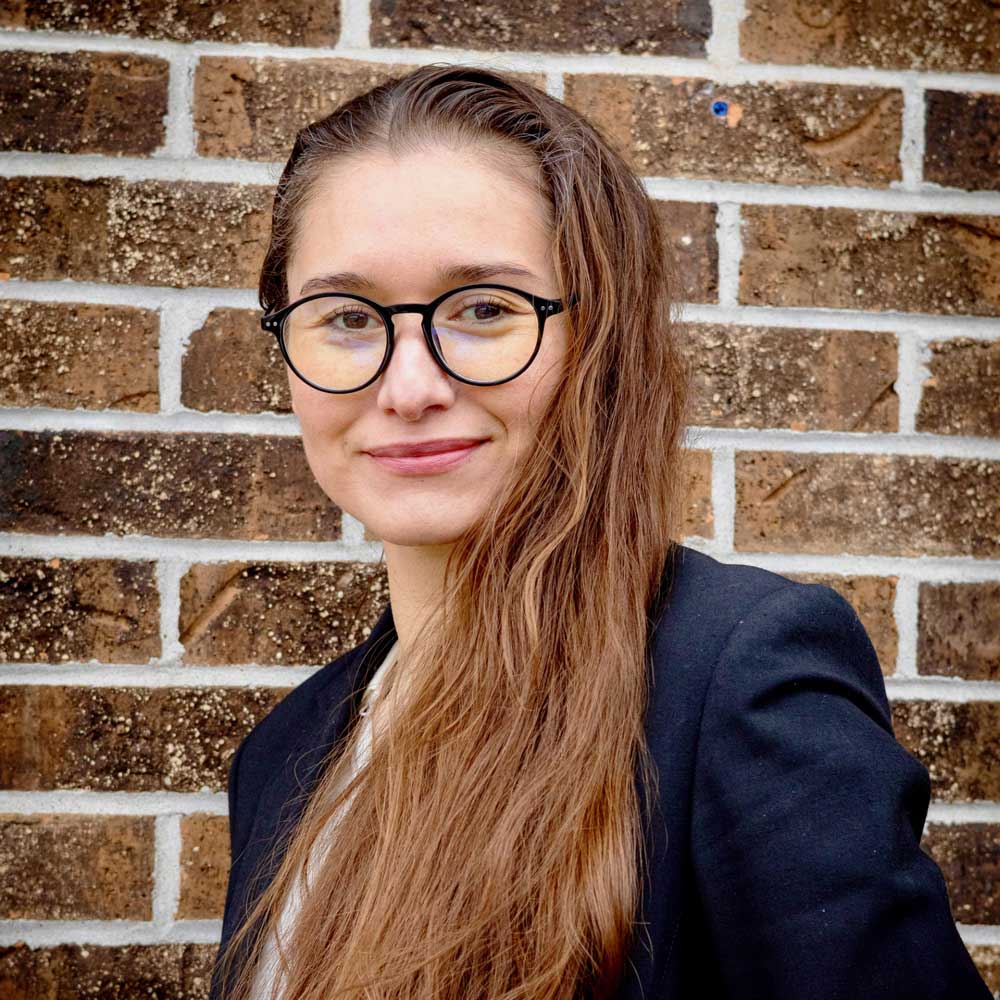You’re On Your way to a successful healthcare career
Elevate your educational journey with specialized programs designed to enrich your experience and propel your career forward. Engage in immersive clinical placement, cutting-edge research opportunities, and interprofessional collaborations that deepen your understanding and broaden your skillset.
Student Spotlight:

Spotlight: Enrique Avila – Empowering Communities Through Medicine and Martial Arts
Enrique Avila, a dedicated student at the Medical College of Wisconsin, is not your average medical student. With a passion for both medicine and martial arts, Enrique is on a mission to make a lasting impact on the health of Wisconsin’s underserved communities.
Healthcare Education Programs
Programs facilitated by Wisconsin AHEC and NEWAHEC within our region and facility.
Students can use this as a “co-op” opportunity by volunteering at a healthcare facility. Participants will complete a course of soft-skills, receive necessary vaccinations, and will volunteer at least 40 hours at a healthcare facility. If the hours are completed, the participant can access at least one job-shadow opportunity. Includes weekly course curriculum and online assessments.
Enables college students who have an interest in community health, public health and population health to work full time, part time or quarter time at a local health department, tribal health center, community health center, or community service organization within Wisconsin for an eight-week summer internship.
An interprofessional team of students work with the Lakeshore Community Health Care clinic to assist patients with high A1C levels to manage their diabetes through six-weeks of virtual and home visits. Disciplines often participating include pharmacy, nursing, dietetics, social work, and medicine.
Creating Access to Resources & Expanded Services. This is a community health field placement opportunity, college students must commit to a minimum of 40 hours or 15 patient encounters, which includes 3 online assessments. This community based experience helps to identify social determinants of health and other pbarriers keeping patients from utilizing and receiving full health care needs.
This is a two-year program with a combination of didactic and community-based experiential training in a Wisconsin rural community and/or with underserved populations.









